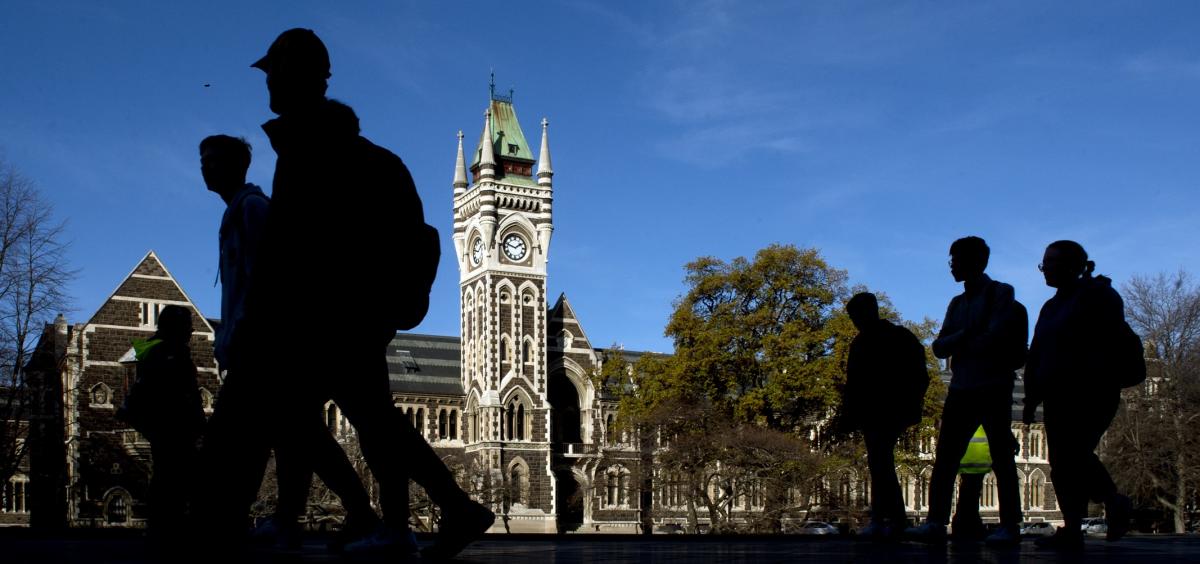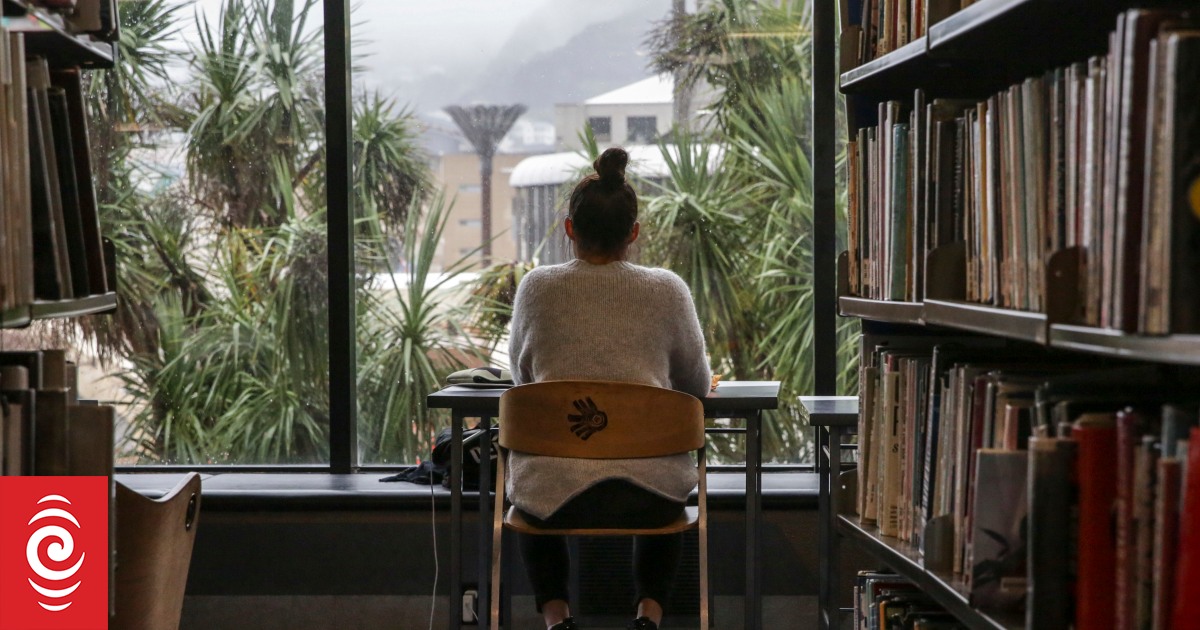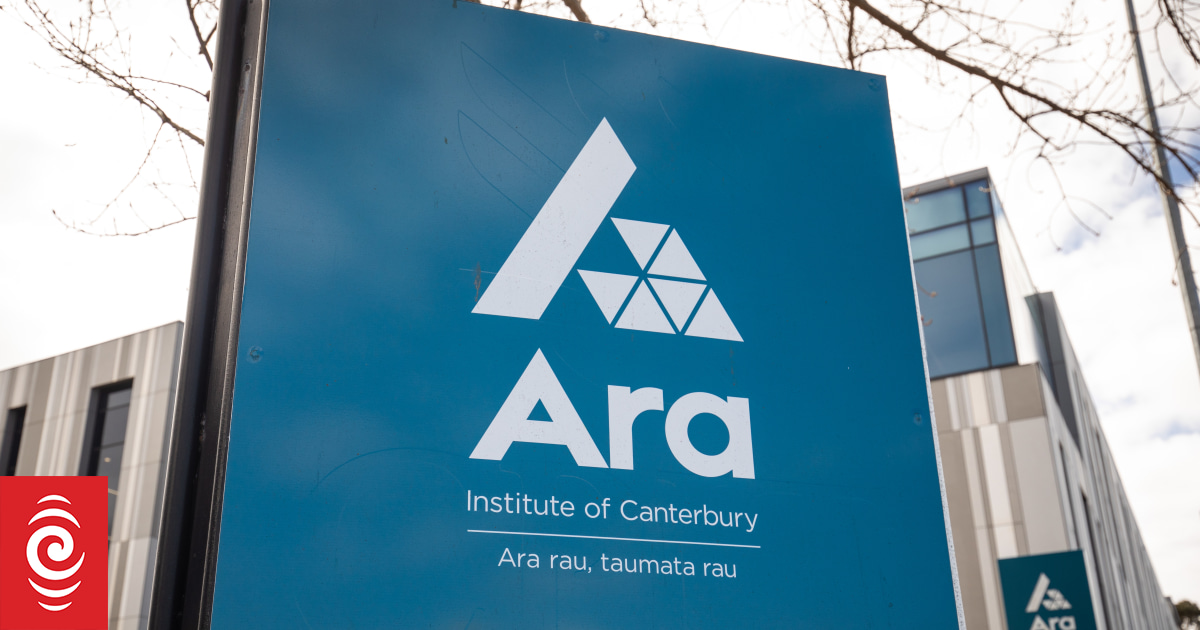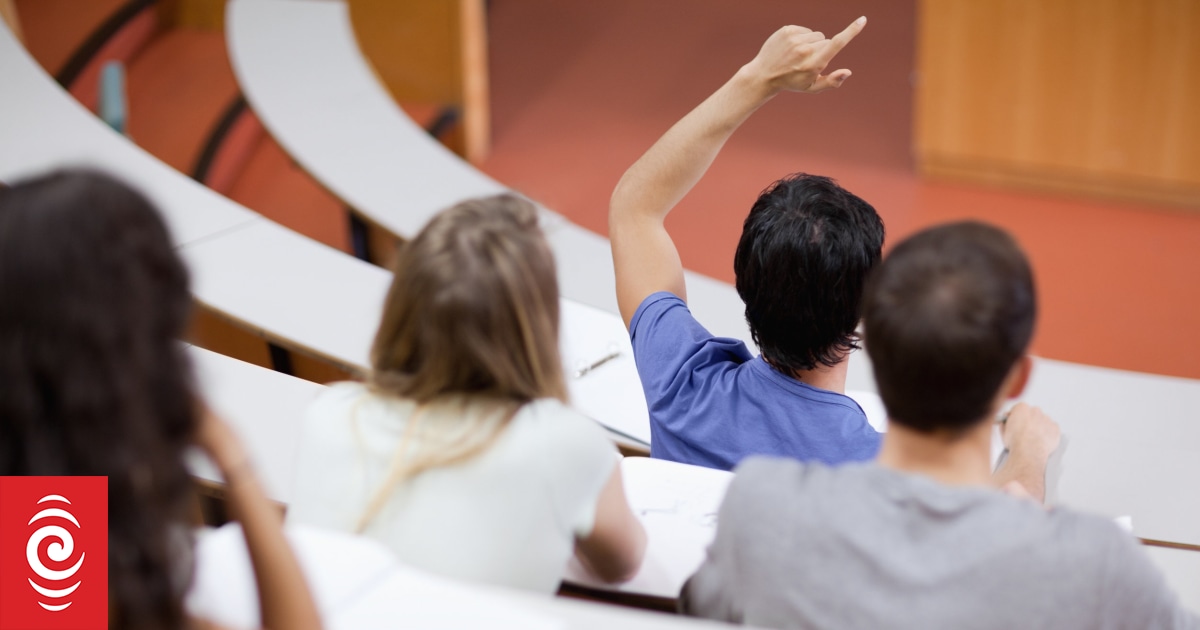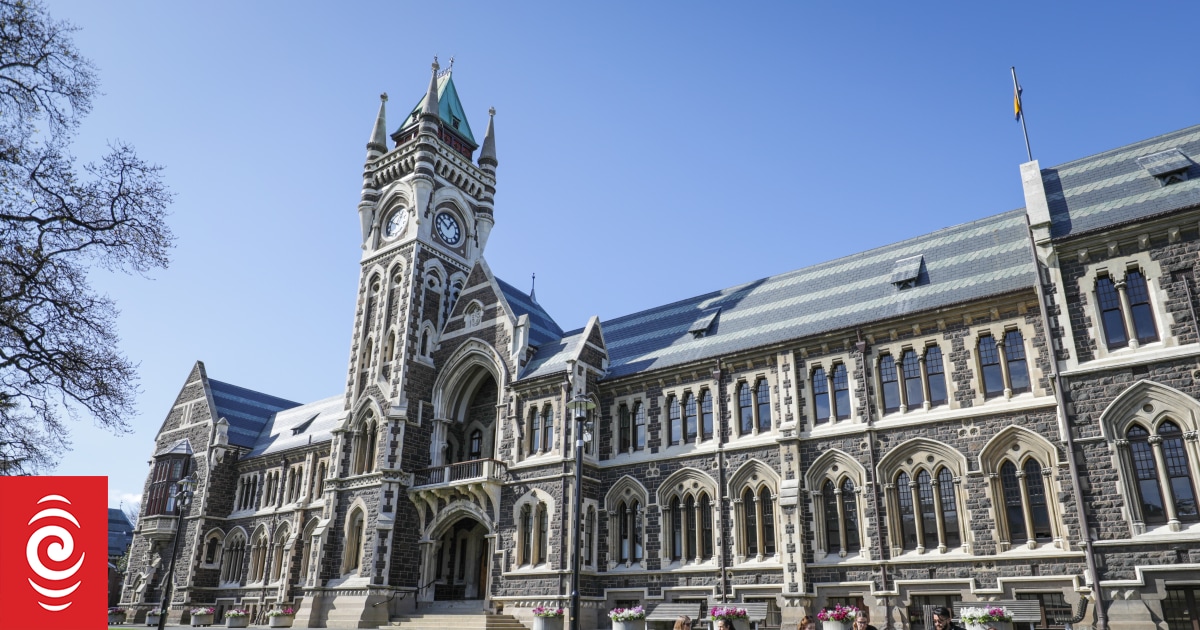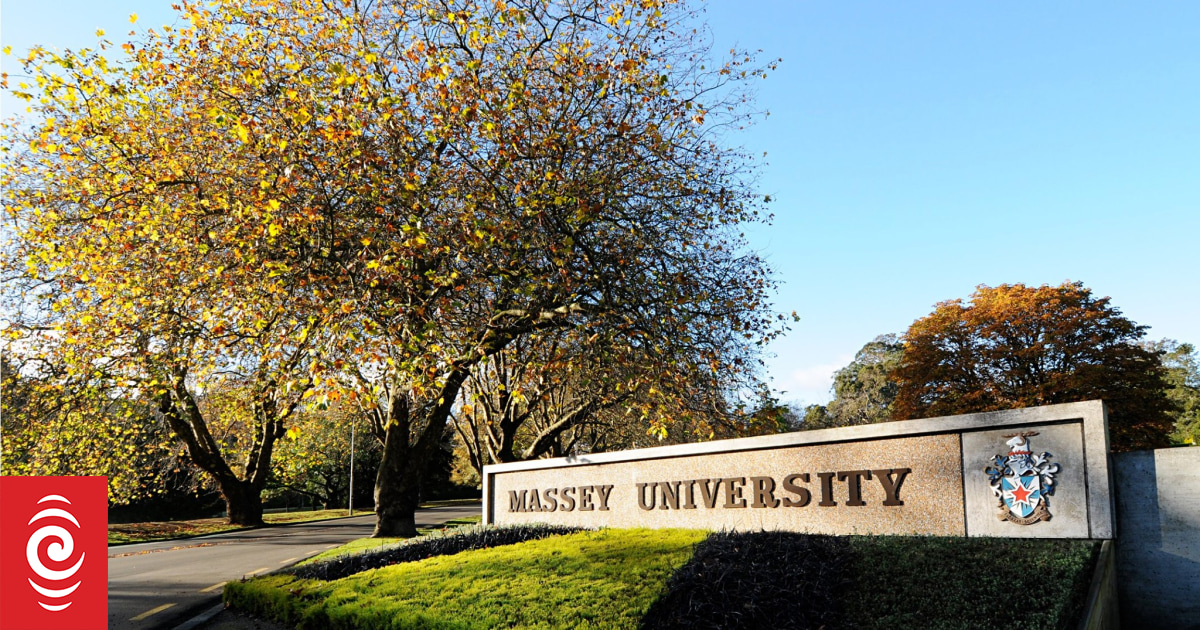TEC staff were told today of the latest restructure which proposes a net loss of 22 roles, following the Government demand for a 5% spending cut to its operating funding. This equates to its baseline being shaved by another $12 million over the next four years. This comes on top of cuts made last year where 28 roles axed after TEC was forced to slash spending by 6%, and absorbing cost pressures, a $25 million cut over four years.
The University of Otago is not ruling out further restructuring if it is unable to get back into surplus quickly enough, the acting vice-chancellor says.
"The initial data report from universities and other tertiary providers to the Tertiary Education Commission is still coming in. Current indications are overall domestic student numbers are up by about four and a half percent. Some of that can be covered. What we don't know is just how big the gap is," Whelan said.
The government was disestablishing Te Pūkenga by the end of next year - the mega-institute that combined polytechnic and workplace training and education - replacing it with stand-alone polytechnics and a new system for work-based industry training.
A scientist told RNZ the STEM priorities were "bizarre" and looked like applied technology rather than science.
There are myriad ways in which a disaster-loss database for New Zealand could be used effectively by central and local government, insurance and banking companies, weather-exposed industries such as agriculture, community organisations and by individuals.
At least 154 roles, one campus and multiple courses across 10 institutes of technology and polytechnics (ITPs) have been cut as the government prepares to disestablish the nation’s largest vocational education provider Te Pūkenga, documents released under the Official Information Act (OIA) reveal.
Despite global calls to enhance culturally safe care for Indigenous and minoritised groups, little attention has been given to exploring students’ experiences in psychology training programmes to meet these needs. A series of chi-square tests was performed to examine group differences for participants in the Kia Whakapapa Pounaumu survey (n = 107) in their consideration of ending their training and their decision to seek professional help. Over half (55%) of students reported having considered ending their psychology training. Our findings show that students who have experienced or witnessed forms of injustice such as institutional racism, microaggressions, and bullying, encounter additional barriers in completing their training. If psychology bodies wish to redress the harm caused to Indigenous and minoritised groups in the discipline of psychology, they must ensure the training programmes themselves do not perpetuate harm.
The university said the increase was its first since 2021 when, according to annual reports, it had about 19,603 EFTS.
In Aotearoa New Zealand, a more subtle but equally concerning transformation is underway: the Government’s recent restrictions on research funding which are undermining the critical role of Indigenous knowledge, the social sciences, and the humanities alongside the natural sciences in addressing complex global challenges.
Results published by the university, which has campuses in Auckland, Palmerston North and Wellington, show it recorded a surplus of $3.7 million last year.







